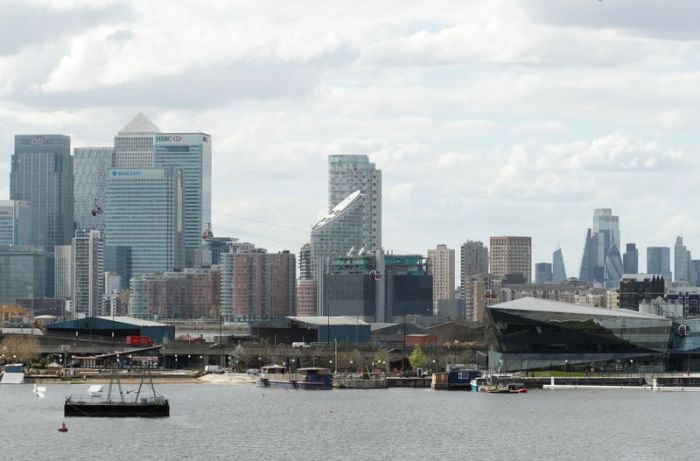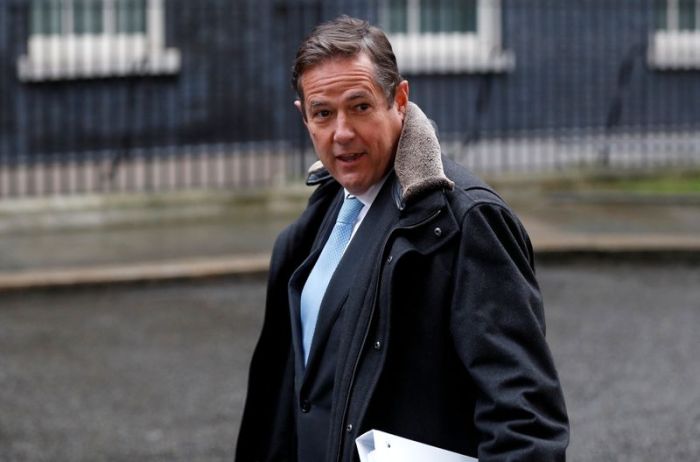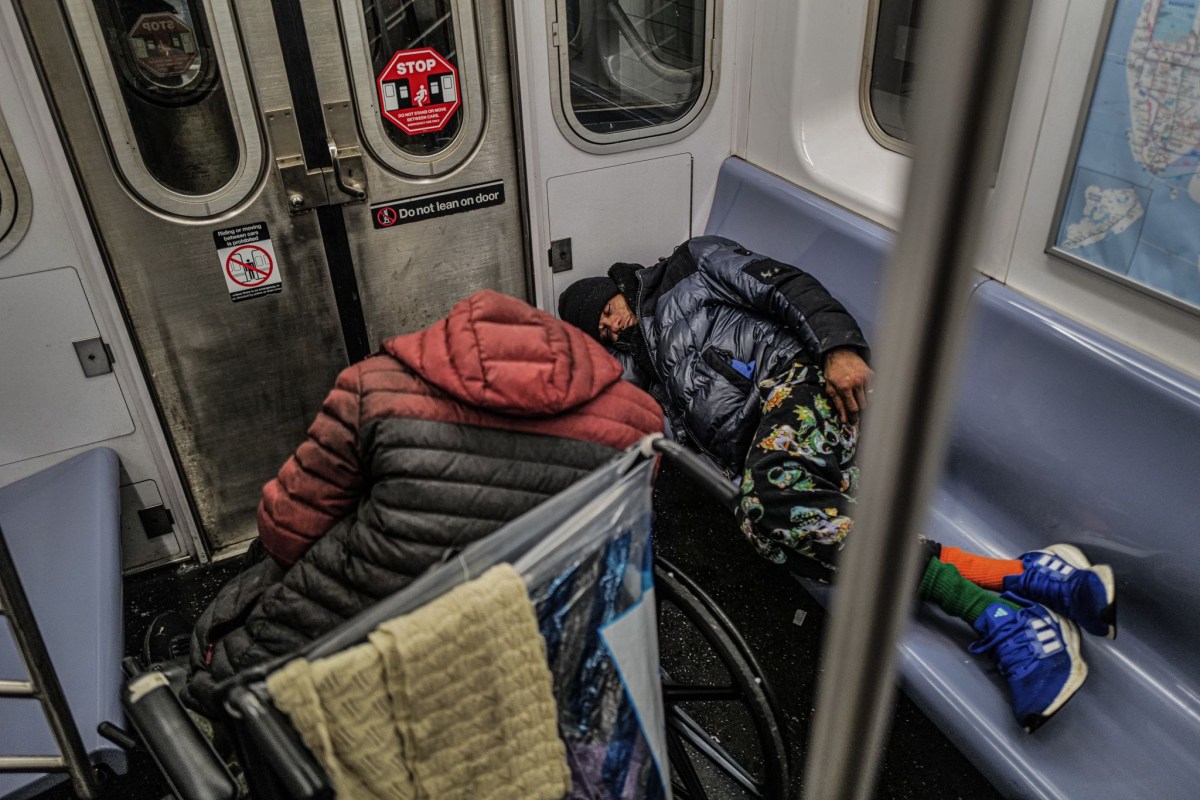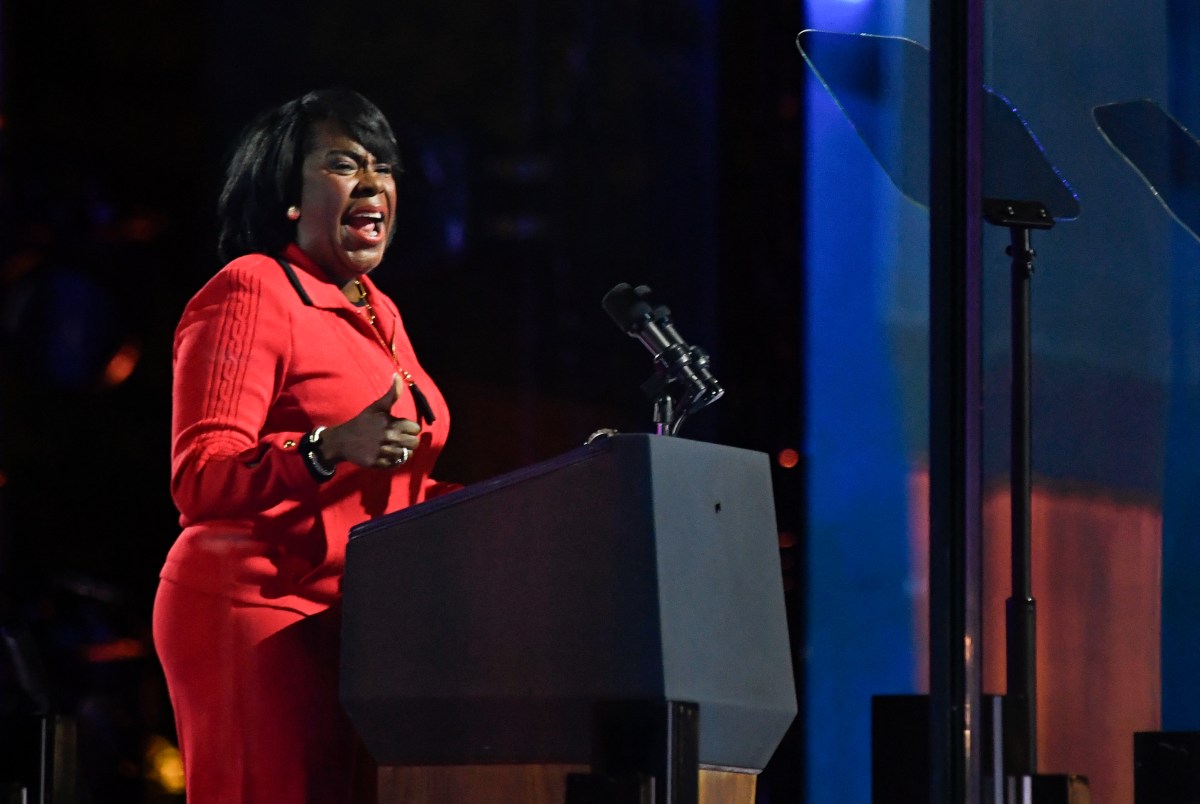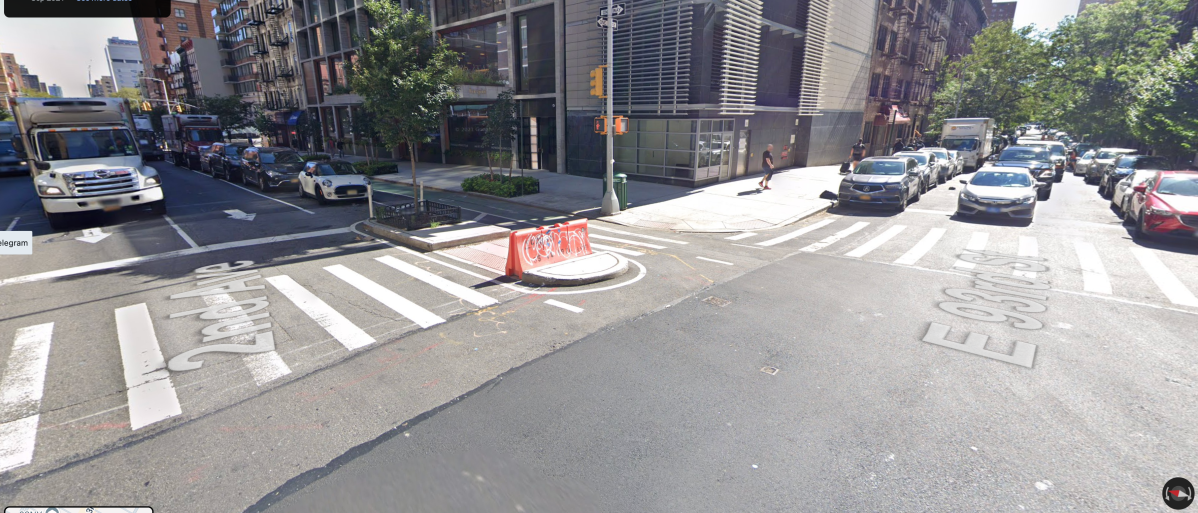LONDON (Reuters) – Britain is likely to suffer an “extremely large” hit to the economy because of the lockdown to slow the spread of the coronavirus, and the Bank of England will only be able to limit some of the impact, policymaker Silvana Tenreyro said.
Tenreyro, one of the central bank’s nine interest-rate setters, said the BoE was ready to act again if it would help reduce the damage but monetary policy could only be a small part of the answer to Britain’s economic challenge.
“The data we have so far suggest that the drop in aggregate spending already taking place will be extremely large,” she said in a speech published by the BoE, which took emergency action to support the economy last month.
“This is partly by design: to safeguard public health and long-run prosperity, governments around the world have temporarily closed some sectors of the economy and limited consumption and production,” she added.
The BoE cut rates twice in March to take them to a record low 0.1% and launched a record 200 billion pound ($250 billion)quantitative easing programme to support the economy.
Earlier this week Britain’s budget forecasters said the economy could shrink by 13% this year due to the shutdown, its deepest recession in three centuries, and public borrowing was set to surge to a post-World War Two high.
“The aim of our policy actions has been to ensure that the economic effects prove temporary, by minimising business failures and job losses that could cause a lasting reduction in the supply capacity of the economy,” Tenreyro said.
In an online question and answer session, Tenreyro said she had doubts about whether there would be a rapid ‘V-shaped’ recovery of the type that budget forecasters had modelled and said there could be a longer ‘U-shaped’ stagnation.
“It looks like the exit will be less ‘V-shaped’ than one would want. And the question, how long is the bottom of the ‘U’, I don’t have an answer for that,” she said.
DEMAND FALLING FAST
Tenreyro, an external member of the BoE’s Monetary Policy Committee, said her judgement was that in the parts of the economy still able to function, demand was falling faster than supply capacity, requiring continued economic stimulus.
“The MPC will continue to ensure price stability. It also remains ready to take whatever further actions are necessary,” she said.
Figures earlier on Tuesday showed that retail spending had dropped more than 25% since the start of the lockdown, and that a quarter of firms had shut temporarily while those remaining open had put a fifth of their staff on paid leave.
Tenreyro said she could not give any guidance on whether the BoE would need to provide further stimulus after its next scheduled meeting on May 7.
Help for businesses and individuals from the BoE and the government would not be enough to avoid a rise in unemployment which would push down on wage growth and inflation.
Unemployment could rise by 2 million to reach a rate of 10% in the coming months, the Office for Budget Responsibility said on Tuesday.
The Resolution Foundation, a think tank, said 7 million people could lose their job if the lockdown lasted a year.
Tenreyro said she also saw upward pressures on inflation from sterling’s weakness and from higher government spending, though on balance she expected downward pressures to outweigh them when Britain emerged from the pandemic.
“As it did in the past, if there were an overshoot, the MPC would need to assess the speed with which to return inflation to target,” she said.
Temporary changes in spending would make interpreting data hard, she added – especially as shifts, such as greater online shopping and reduced international travel, might prove lasting.
(Reporting by David Milliken; Editing by William Schomberg)




